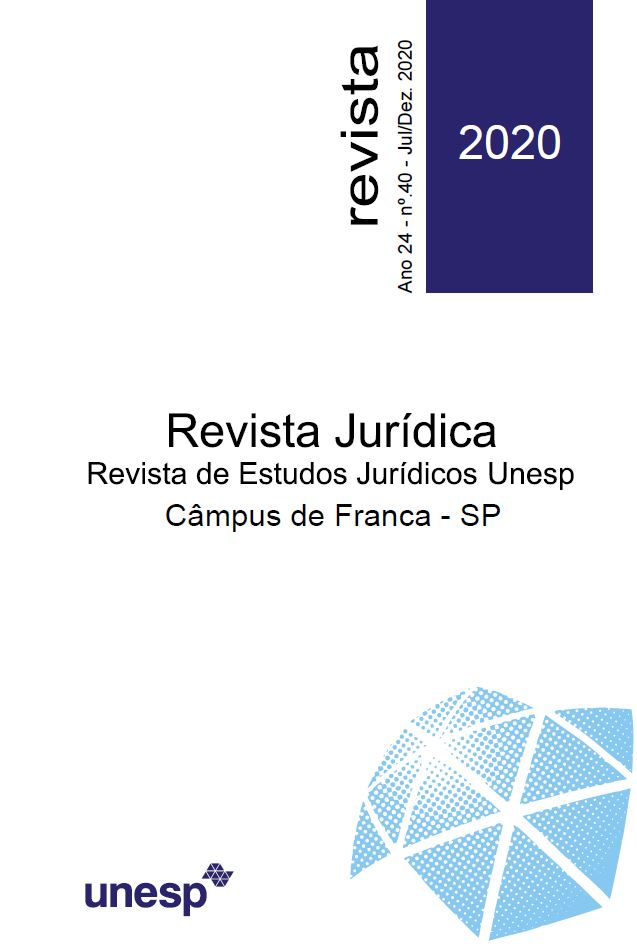ANALYSIS OF THE NEW PAYMENT ORDER OF CREDITORS IN BANKRUPTCY BEFORE THE FEDERAL CONSTITUTION: A STUDY ON THE EXPECTATION OF FAVORED AND DIFFERENTIAL TREATMENT FOR SMALL BUSINESSES
DOI:
https://doi.org/10.22171/rej.v24i40.3452Abstract
The purpose of this study is to investigate whether Law No. 14,112 / 2020 suffers from formal and material unconstitutionality in the part that revokes item d, item IV, of art. 83, of Law No. 11,101 / 2005, which classified, in the bankruptcy contest of creditors, among the credits with special privilege, those in favor of individual microentrepreneurs and micro and small businesses. The revoked rule had been included in the law on the recovery and bankruptcy of companies by Complementary Law No. 147/2014 in consideration of the principle of protection for small businesses, enshrined in the Federal Constitution of 1988 in arts. 170, items IX and 179. The fact inspired the following questions: Complementary Law nº 147/2014 attributed to the Small Company a credit status of special privilege in the bankruptcy of its debtors, granting it the favored and differentiated treatment determined by the Federal Constitution of 1988.In this way, could Ordinary Law No. 14,112 / 2020 have revoked that condition? Does the renewal of the small company to the status of unsecured creditor, attributed by Law No. 14,112 / 2020, violate the precepts derived from the constitutional principle of protection for the small company? The initial premises, in the sense that the revocation suffers from unconstitutionality, justifies the consideration at the end that the legal change on screen contradicts the rule according to which Small Businesses should be treated in a favored and differentiated manner. In the aspect of Constitutional Law, could Ordinary Law revoke a provision of another Ordinary Law introduced by a Complementary Law?
Downloads
Downloads
Published
How to Cite
Issue
Section
License
Copyright (c) 2021 Revista de Estudos Jurídicos UNESP

This work is licensed under a Creative Commons Attribution 4.0 International License.

























